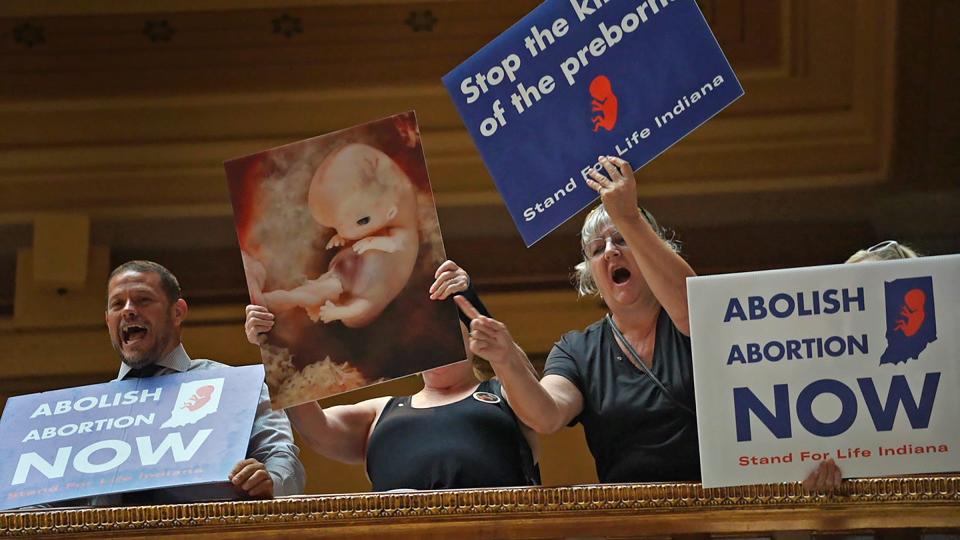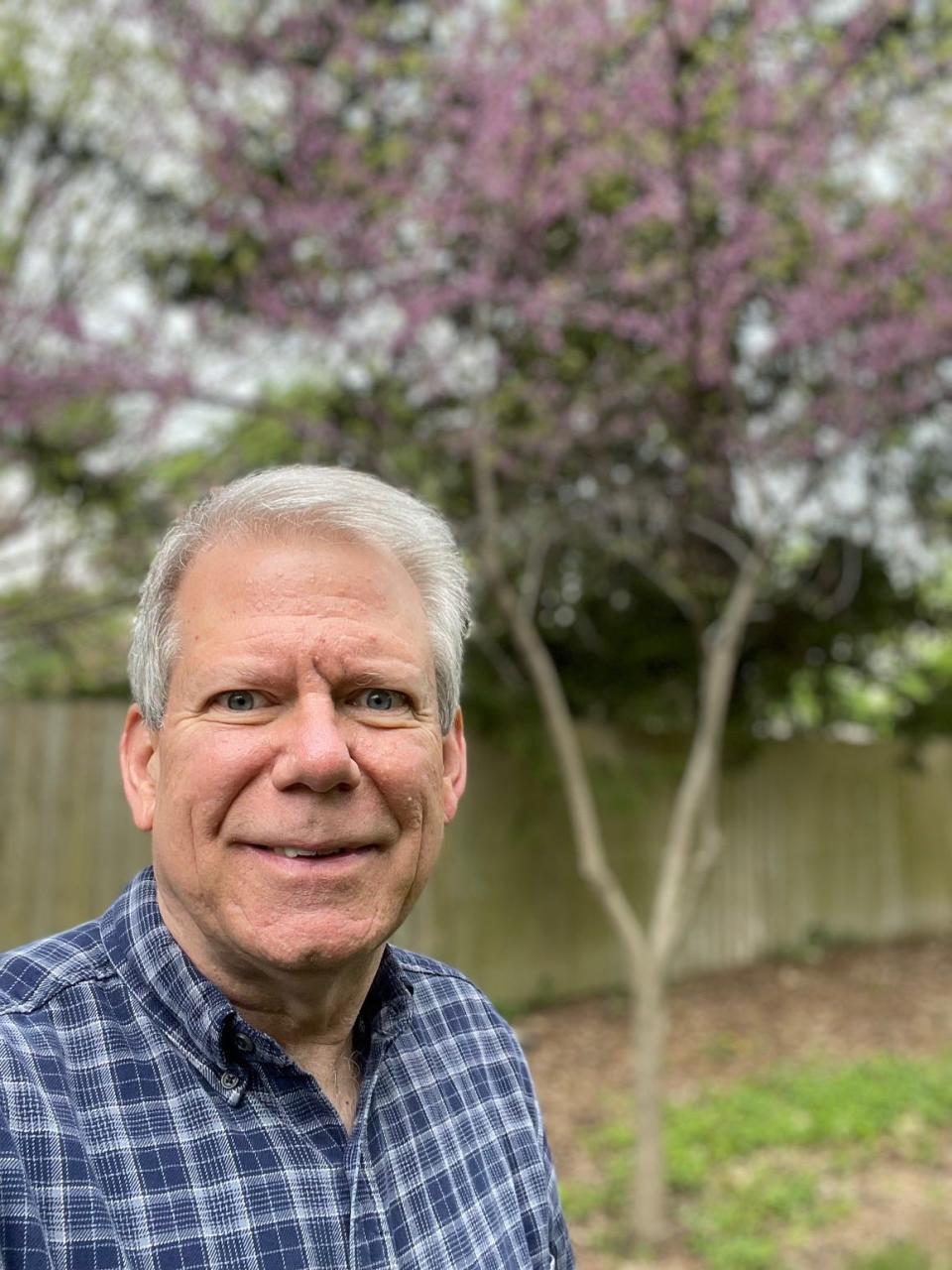Op/Ed: Sorry, Mayor Hogsett, I don't believe being pro-life is a bad thing. Here's why.
- Oops!Something went wrong.Please try again later.
Mayor Joe Hogsett has been running TV ads that insinuate that being pro-life is a bad thing and therefore, the public should not vote for someone who is pro-life. The pro-abortion position centers around a “right to privacy” and self-autonomy. But this is not a valid argument for abortion unless this right is denied to babies in the womb, and this right cannot be denied to babies without declaring them to not be members of the human race (i.e., persons). The following examines facts and ethics about pregnancy to see what they tell us about the humanity of the baby in the womb.
From the moment of conception, the baby has a unique human DNA that is different from the mother or the father. This means it is not just another part of the mother’s body but a unique individual. From this point on the mother provides food, shelter and oxygen for the baby to grow. These are the basic elements that every human being needs and society seeks to provide these for those who cannot provide for themselves. However, in this case, the mother is in a unique position because she is the only one who can provide these for her baby. If a mother denies these to a baby that can be seen, then it is called abuse and society seeks to protect and provide for the baby.
Joe Hogsett: Unpopular abortion restrictions will make Indiana's health trends even worse

Why should our values change based on the location of the baby? Pro-abortion groups would have us believe that there is some change that occurs late in pregnancy or at birth that makes the baby a human worth protecting, but the reality is that human development is a continuous growth cycle. Just as a 90-year-old person does not resemble what they looked like as a baby so does a newborn baby not look much like it did a few weeks after conception. One of our core values is that the humanity of a person should not be judged based on their appearance. So, science tells us that the baby in the womb is a unique human and only needs the right support to grow into a human that is readily recognized. At a minimum, the standard for the beginning of life should be the same as the standard used for the end of life, i.e., when there is a heartbeat.
But this growth process involves two separate unique humans (mother and baby) so what does ethics tell us about how to deal with this. In the case of a pregnancy, society cannot provide for the child, only the mother can do that. So, until science develops a way for the baby to grow outside the womb, there can be a conflict between what the mother wants and what the baby needs. Ethics is based on a hierarchy of rights with the top priority being the right to life which is enshrined in our Constitution.
Op/Ed: Let's end the abortion issue for once and for all in Indiana with a public debate.
The Supreme Court usurped that hierarchy in Roe by saying there is no definition for when human life begins so they will supersede the right to life with other rights not explicitly mentioned in the Constitution. But this is contrary to a good ethical approach. Abortion causes us to weigh the right to life of the baby versus the physical, mental and emotional health of the mother. Even if the humanity of the baby is in question, the consequences of guessing it is not a human being is so great that abortion should not be allowed until there is a factual definition of when life begins because the consequences are too high.

The result of legal abortion is that about 60 million Americans are not alive today. That is a heavy consequence to weigh against the well-being of a person. When politicians say they don’t know when life begins then they are admitting that the baby in the womb could be a human life. The ethical response to this uncertainty is to defer to the higher principle of a right to life until they know whether or not they are ending a human life. Mayor Hogsett should tell us when a baby deserves to be protected and the factual argument supporting his position before he claims that all pro-life people are wrong.
John Moor is a retired engineer.
This article originally appeared on Indianapolis Star: Don't babies deserve the same protection inside and outside the womb?

